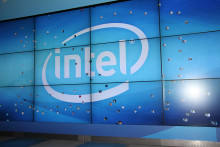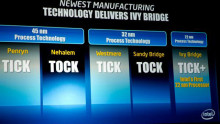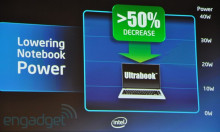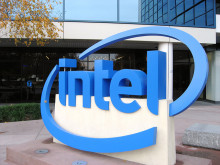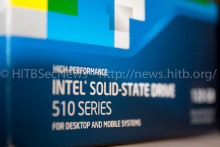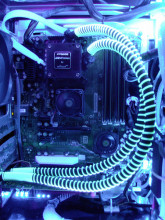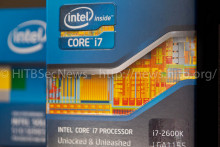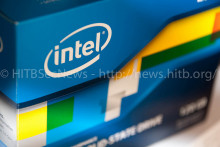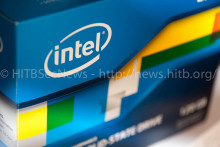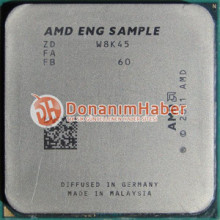Intel next-gen chip to support key Apple tech
Intel's next-generation processor is expected to add support for a key OS X technology that accelerates gaming and financial applications. That potentially means a more powerful MacBook Air in the future.
Listed as a "core" OS X technology, OpenCL "dramatically accelerates" applications by tapping into the special processing power of the graphics processing unit (GPU), according to Apple. It taps into what an Apple developer page states as the "the amazing parallel computing power of the GPU."














































